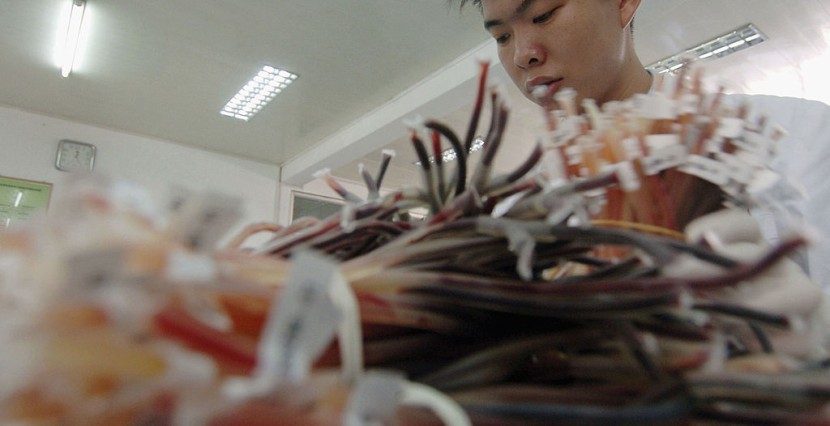
A Chinese official claims China is planning to examine tens of thousands of blood bank samples from Wuhan as part of an investigation into COVID-19 origins. The decision comes amid growing requests for greater transparency regarding the virus's emergence.
The World Health Organization's team of experts identified the stockpile of up to 200,000 samples, including those from the last months of 2019, as a viable source of vital information that might help identify when and where the virus first passed into people in February of this year.
China conducts own COVID-19 origins probe
The samples are maintained at the Wuhan Blood Centre and are expected to last until 2019, giving real-time tissue samples from a large portion of the population in the Chinese city where SARS-CoV-2 is suspected to have infected people for the first time.
According to Chinese officials, the blood bank samples would be kept for two years in case they are needed as evidence in any case involving the blood donations they came from.
For the crucial months of October and November 2019, when most experts believe the virus initially infected people, the two-year waiting period will shortly expire, 9News reported. According to a spokesperson for China's National Health Commission, testing preparations are already ongoing, and testing will take place after the two-year deadline has passed.
WHO has been denied to access China's caves and farms
The WHO has been denied access to caves and farms near Wuhan that may bear clues to the origins of the COVID-19 pandemic.
Scientists plan to go to a series of caves and animal farming regions in Hubei province's Enshi prefecture, which is six hours west of the city where COVID-19 was discovered for the first time.
Thousands of wild creatures were reported to be sold out in wet markets on the farms in the region, according to the Washington Post.
Their presence has led to the belief that farm animals served as a viral intermediate between bats and humans. However, Chinese officials are refusing to allow the WHO to conduct their research.
COVID-19 was first discovered in Chinese wet markets or as a consequence of a lab leak, according to Beijing, which claims it originated abroad.
After it was revealed that numerous wet markets where animals from the farms were sold were barred from selling live animals in December 2019, the wildlife farms became a source of attention.
This happened only days after the Chinese authorities confirmed the discovery of a new virus in a Wuhan market. Six wet markets in Enshi were shuttered by March 2020, before the rest of the globe went into lockdown.
According to a supply chain source, several wild animals marketed in Wuhan were "sourced from Hubei province," including Enshi.
Per Daily Mail, some of the wildlife farms are just around a mile from the entrance to the bat caves in Enshi. Humans have also been known to visit the caves.
Bats or farm-raised wild animals in Enshi were never tested for the virus, according to a spokesperson for the Chinese Embassy in Washington.
Related Article: WHO To Investigate Bat Caves and Breeding Farms in Hubei As Possibility of COVID-19 Sources; China Rejects Request for Probe Access
@YouTube








